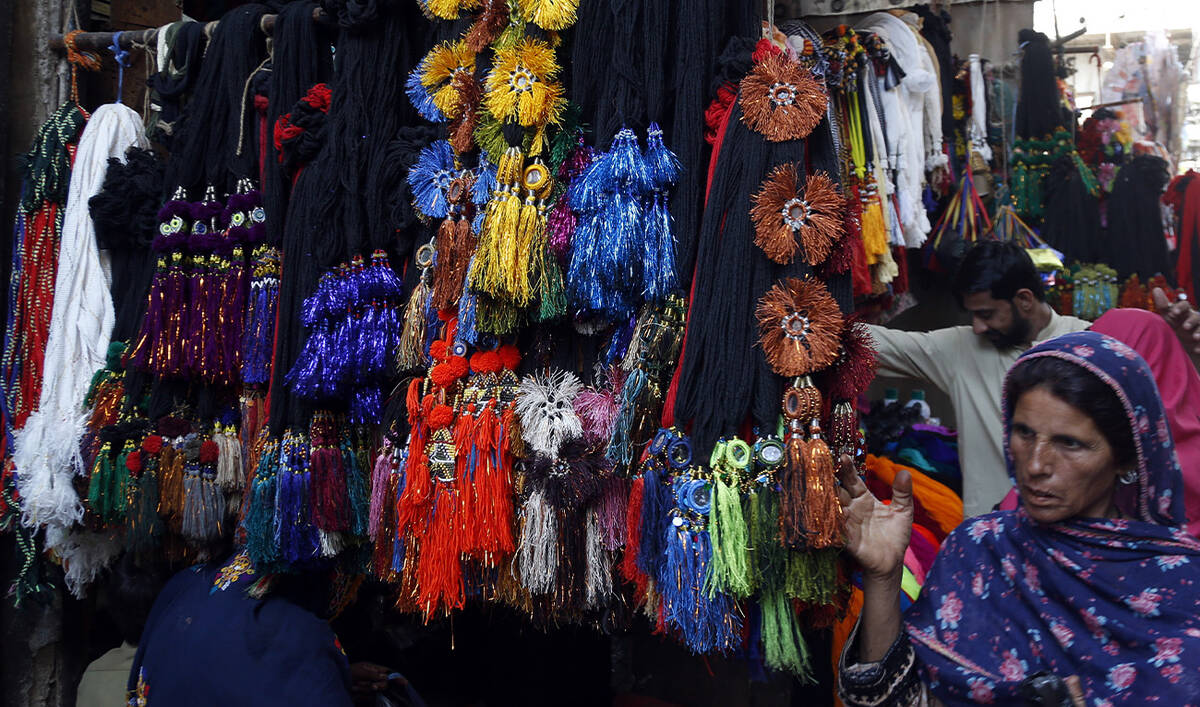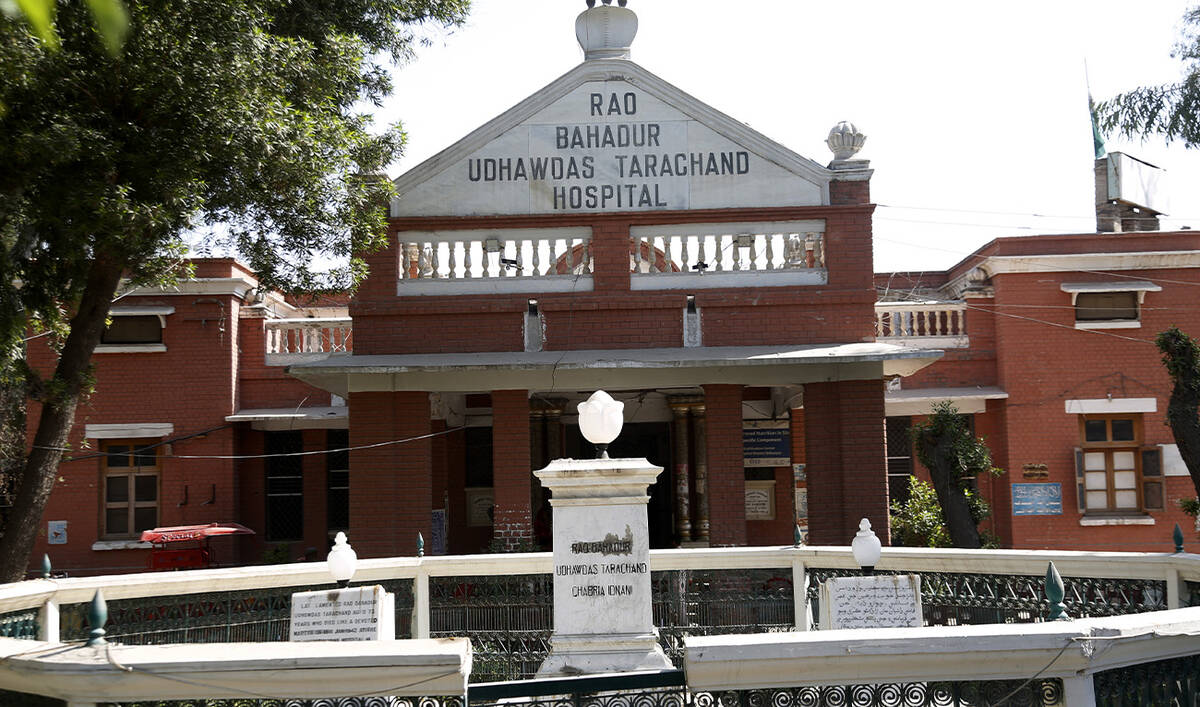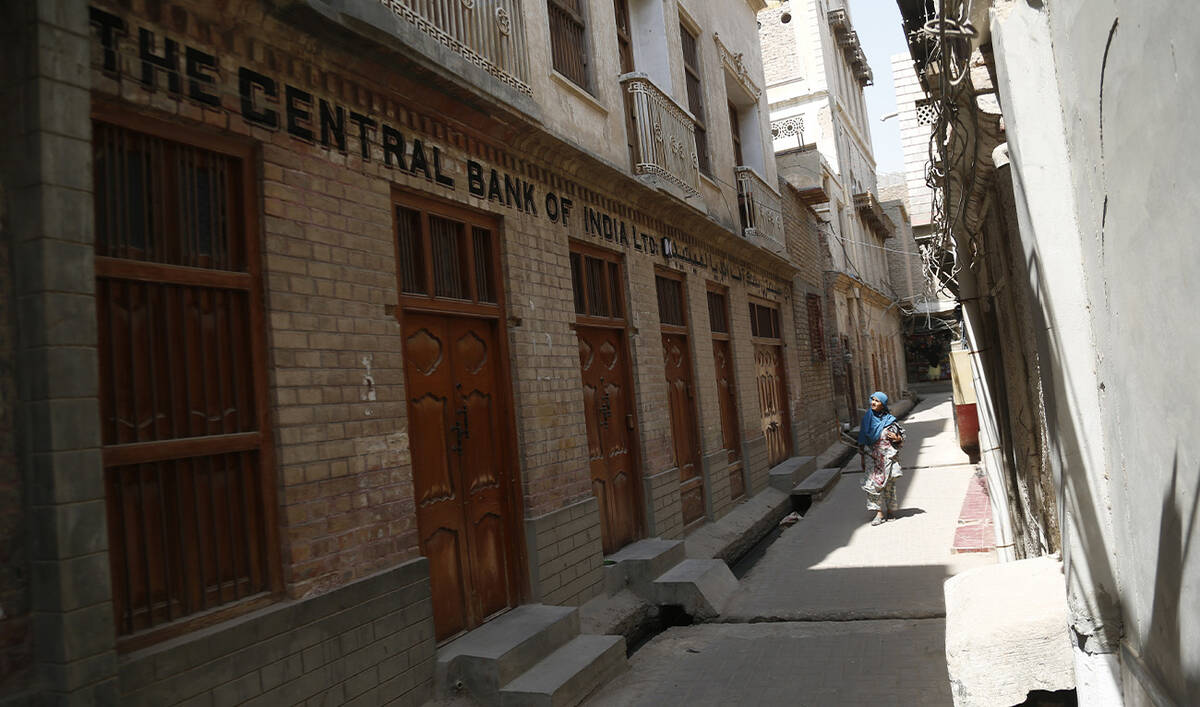ISLAMABAD: Three mountaineers who went missing on February 5 while attempting K2’s winter summit knew the weather would soon deteriorate even as they were just a few hundred meters from the peak, the co-leader of the winter expedition has said, raising questions about whether the climbers pushed on with their mission despite knowing they did not have enough time to summit, and safely descend, before the weather became unsuitable.
Pakistan’s Ali Sadpara, Iceland’s John Snorri and Chile’s JP Mohr were last sighted ten days ago, at around 10 am, at what is considered the most difficult part of the climb: the Bottleneck, a steep and narrow gully just 300 meters shy of the 8,611 meter (28,251 ft) high K2.
According to Arnold Coster, the co-leader of the K2 winter expedition for Seven Summit Treks, the three climbers knew they only had a few hours left before their safe weather window closed at noon.
“When we started the summit push, we knew there was a small weather window,” Coster told Arab News in an interview in Islamabad on Saturday. “The weather was supposed to be good up to noon the following day [Friday]. After that, the winds would pick up to 30 kilometers per hour until midnight the same day. So, the possibility was small to summit.”
“THE WINDOW WAS SMALL“
Nestled along the China-Pakistan border, K2 is the world’s second highest peak and its most deadly mountain, with immense skill required to charter its steep slopes, high winds, slick ice and ever-changing weather conditions. Of the 367 people that had completed its ascent by 2018, 86 had died. The Pakistani military is regularly called in to rescue climbers using helicopters, but the weather often makes that difficult.
Earlier in January, a team of 10 Nepali climbers made history by becoming the first to ever scale K2 in winter. Sadpara and his expedition members were making their second attempt at climbing K2 this winter in a season that had already seen three other climbers die in the area.
For two months, Coster and his team co-led by Chhang Dawa Sherpa lived in freezing conditions at the K2 base camp — located at over 5,000 feet on a boulder-strewn landscape blanketed in snow and ice — overseeing the dozens of climbers attempting K2’s winter summit this year. Temperatures at base camp dropped to -35 degrees celsius at night — roughly the temperature at the peak of K2 in the summer.
On Saturday, after returning to Islamabad at the end of the winter expedition, the alpinists sat drinking coffee at a local hotel, their faces burnt by months under the Himalayan sun.
“When the [Nepali] sherpa team summited we were euphoric because it proved that what we wanted to do was possible,” Coster said. “But we got very quickly reminded that winter is not the same as summer,” he added, speaking about the three missing climbers.
“It’s -60 [degrees celsius] and with a little bit of wind -60 becomes -90,” he added. “It’s very difficult for humans to cope with these conditions. And thats why... K2 was never climbed in the winter before.”
“SUMMIT FEVER“
The fourth member of the missing climbers’ expedition and the only witness to the climb was Ali Sadpara’s son, Sajid, who had to abort the mission and descend because his oxygen regulator malfunctioned while the team, according to him, was at the Bottleneck.
Earlier, while speaking to the BBC, Sajid said his father, a celebrated mountaineer and high-altitude porter, was emboldened by the success of the Nepalese climbers and wanted a winter summit for Pakistan under his belt because “K2 is our mountain.”
“I assume they continued for the summit push and either they were caught by the cold or they ran out of oxygen and got into trouble on the way down,” Coster said.
But the K2 expedition team’s doctor, Tomas Rotar, a mountaineer himself, said the ultimate responsibility for any climbing failures rested with the climbers.
“We should judge for ourselves if we can go up and down also,” he said. “Not only go up. And I think in this ... is the answer to all your questions — why those guys didn’t come back.”
On the question of ‘summit fever’ — a climber’s compulsion to reach the top at all costs — Rotar said it was hard to speculate because all the climbers were experienced.
“I just know Snorri very well. For me, he was a very reasonable climber. Very experienced. I also think he was maybe a little bit too tired on the summit push because he spent like two whole months already at base camp.”
But he added: “These are all just speculations.”
Sadpara’s manager and close friend Rao Ahmed also said Sadpara was far too experienced to let his passion for the summit overwhelm his judgment, adding that his previous record proved he was capable of turning back in case of danger.
“We look at the climber’s past behavior,” Ahmed told Arab News over the phone from Skardu. “I can quote so many incidents where Ali bhai [brother] would stop just short of summit and come down.”
“According to Sajid, it was a bright, sunny day. It was impossible to take off your goggles,” he continued. “In the afternoon, Sajid said there was some wind, but it was nothing to worry about. The storm didn’t come between 10pm and 12am on Friday.”
Ahmed said he had spoken to Sadpara an hour before the summit attack from Camp 3 and was satisfied that the team was mentally and physically fit.
But he admitted the weather window to the summit had been very small: “The weather window was in hours, not in days.”
“I MIGHT ATTEMPT THIS AGAIN“
Since the alpinists went missing, questions have also been raised about the commercialization of the sport, which allows any paying climber to undertake the deadly expedition. This winter alone, Pakistan’s government issued over 60 permits to scale K2.
“Commercial is just a word,” Coster said. “What we actually do is that we facilitate people to climb.”
“It’s up to the company to screen, and all our members were experienced 8000-meter climbers,” he added. “Mountaineering has risks. We knew that from the beginning, and I’ve seen it in my whole career.”
When pushed to answer whether he would ever attempt a winter climb of K2 again, Coster shrugged, then smiled.
“Yeah,” he finally said. “I might attempt this again.”




















